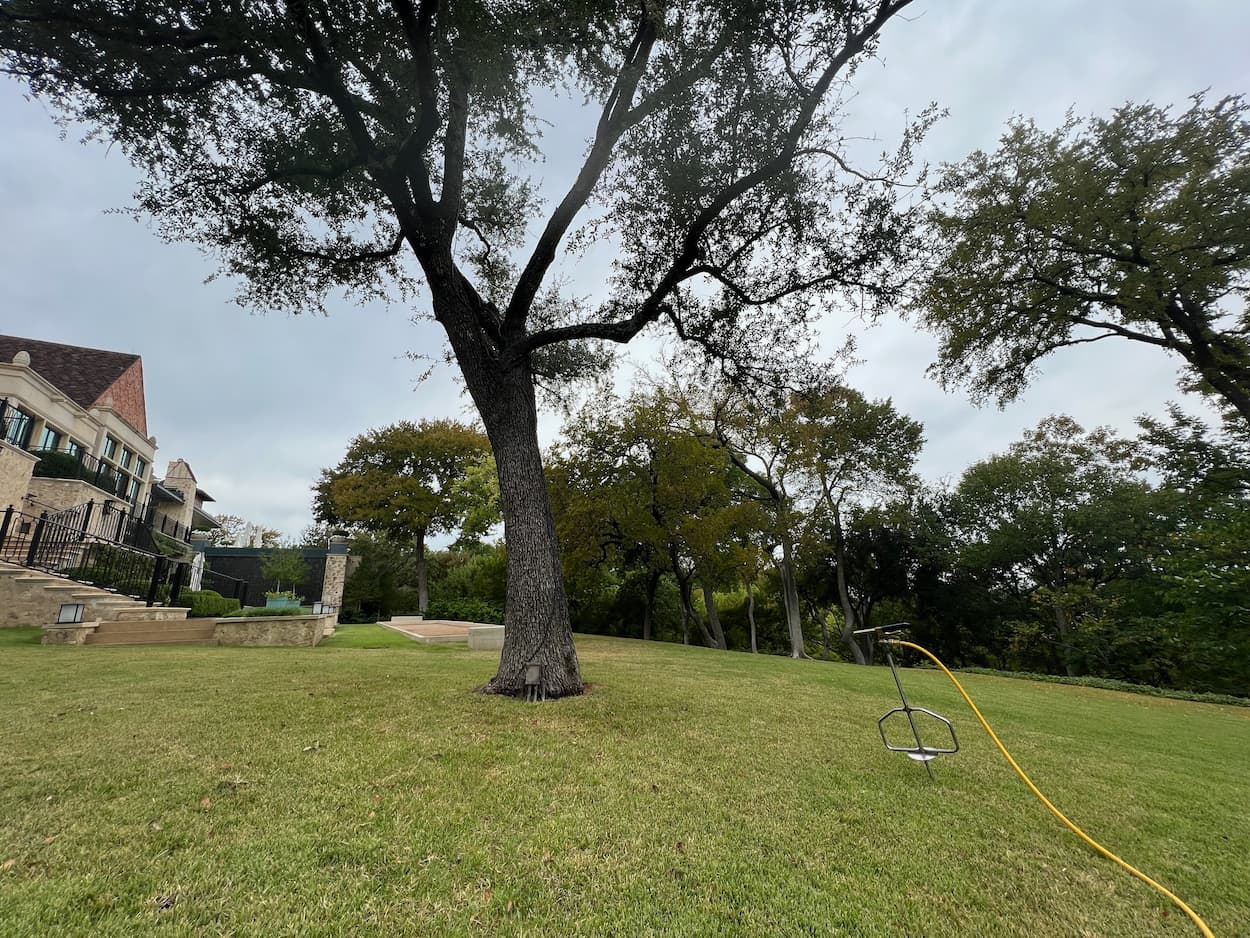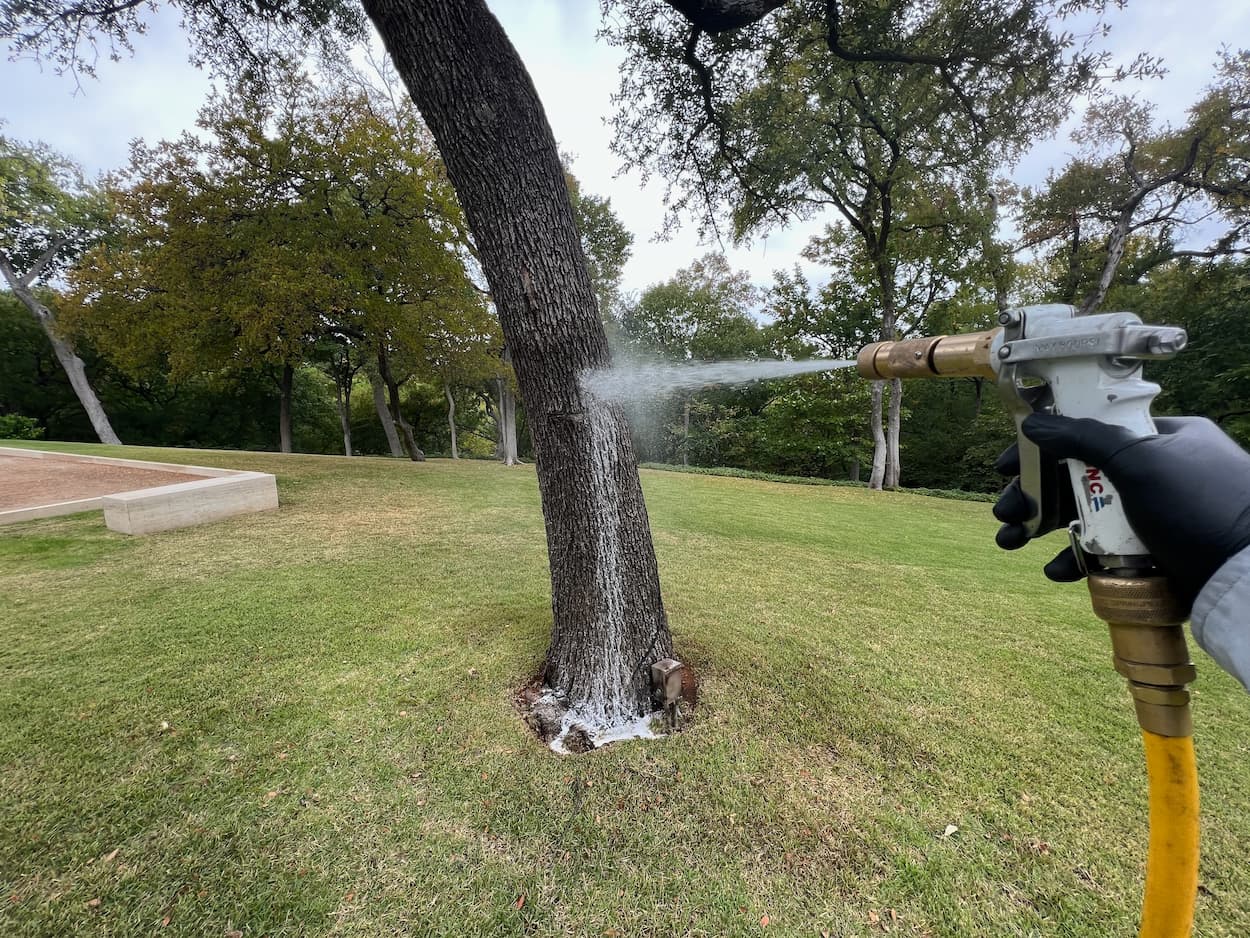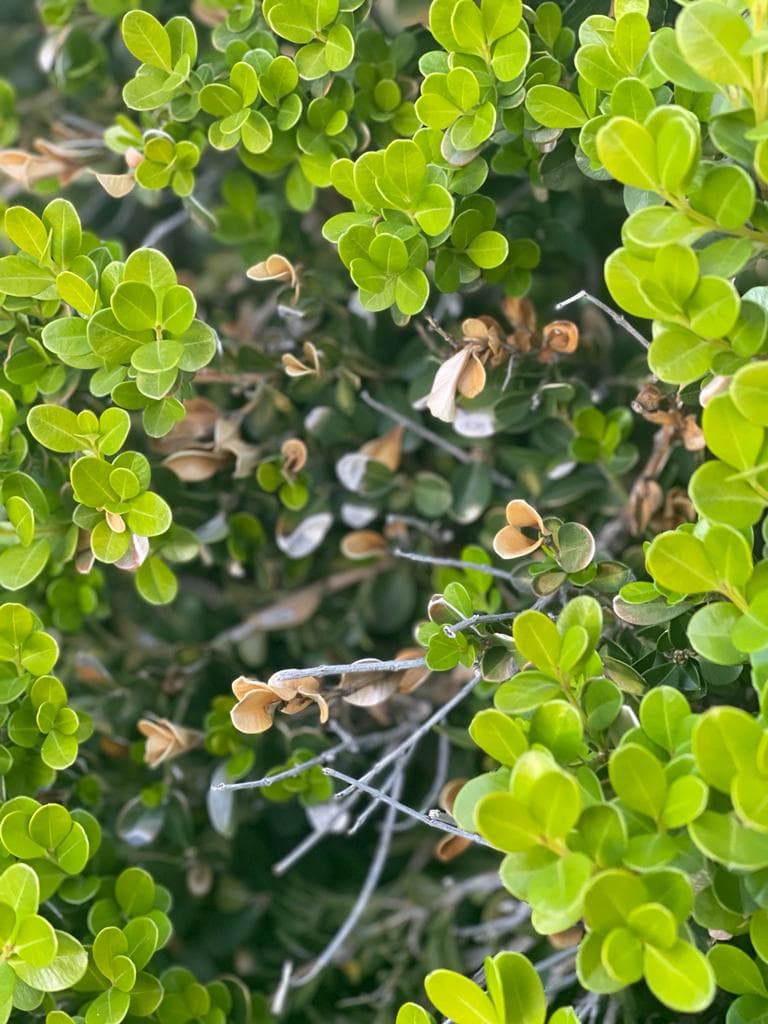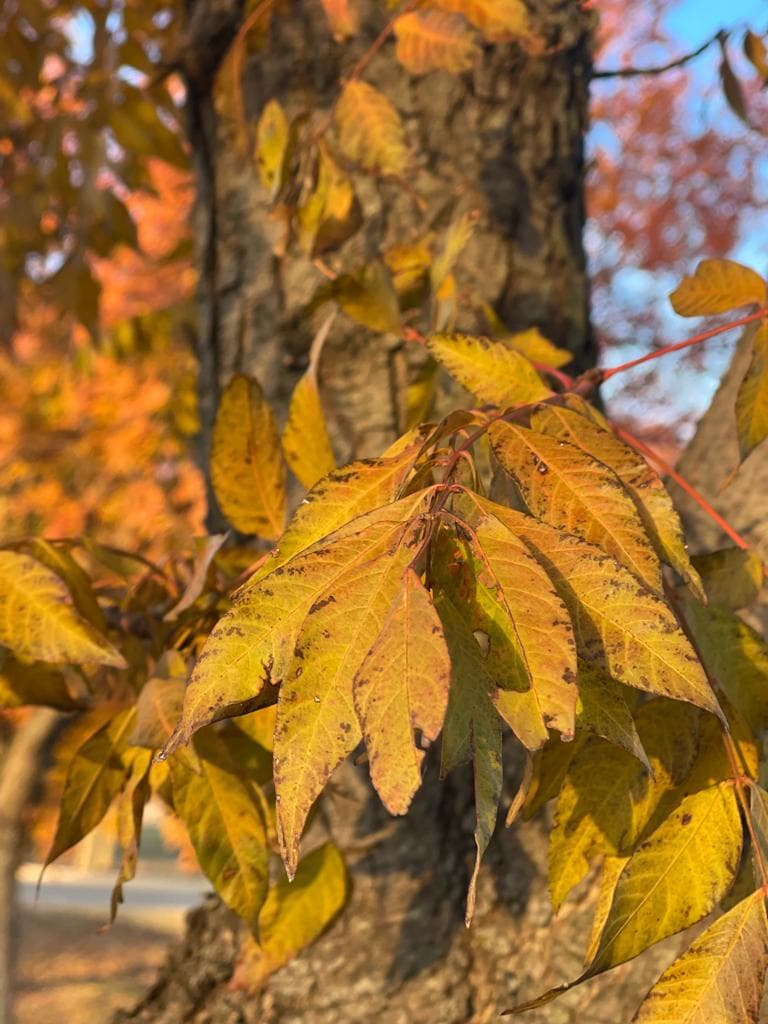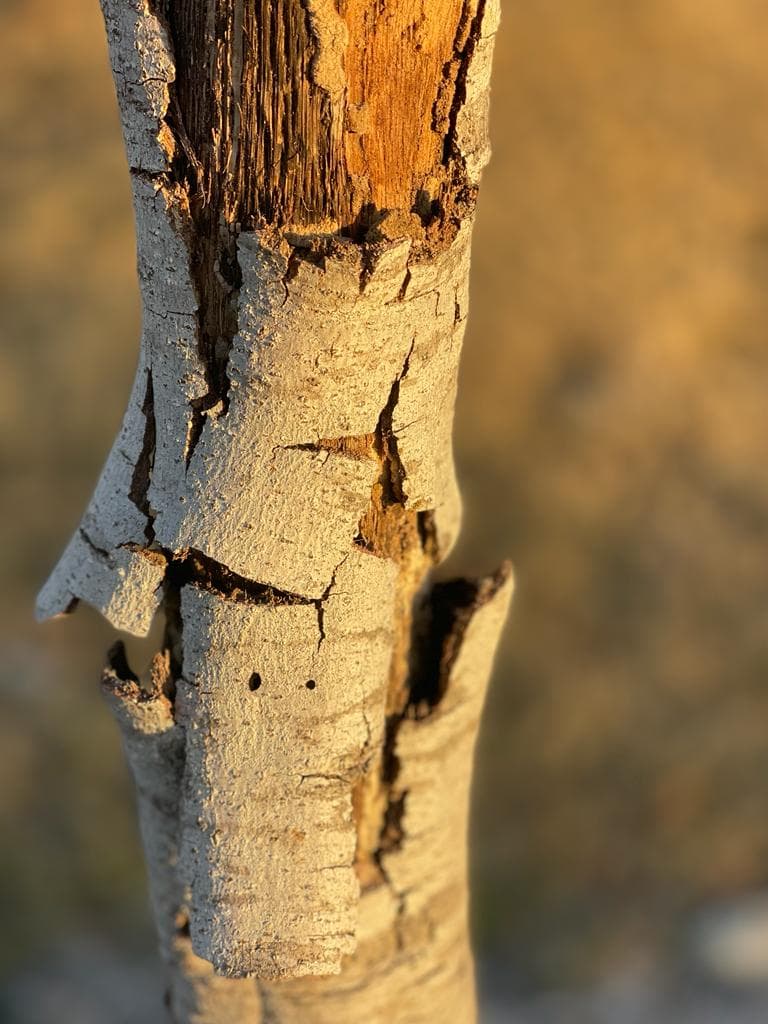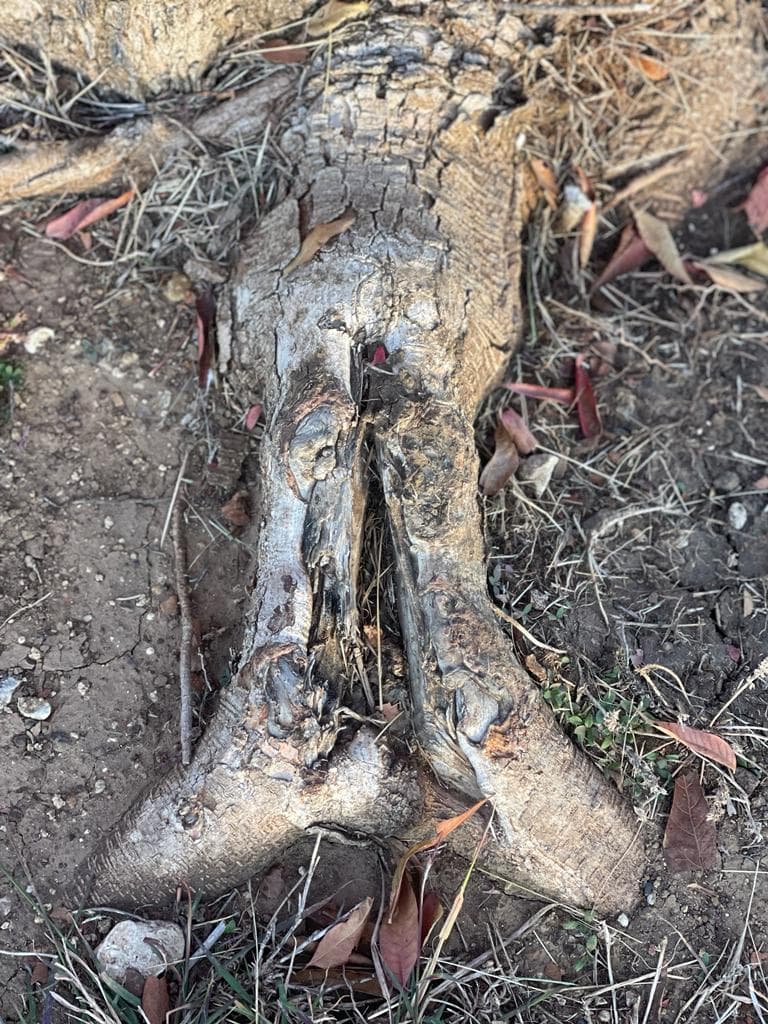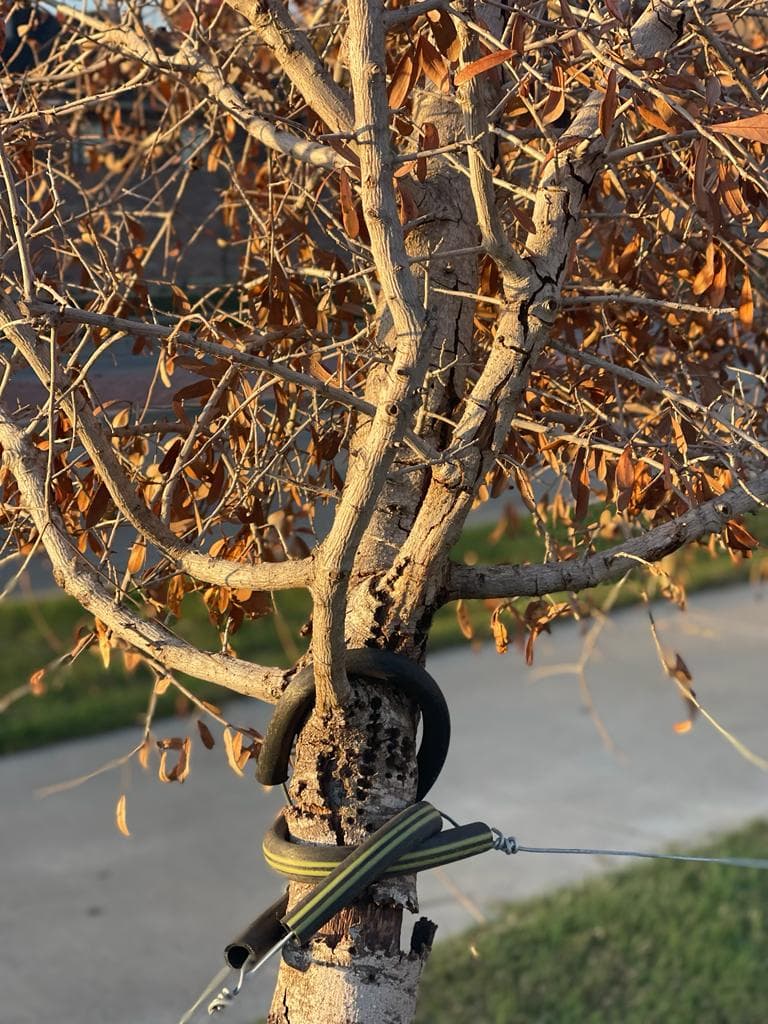Texas Shrubs & Tree Health Care Experts
Caring For Texas Shrubs & Trees Since 1990 Get A Free QuoteCall (817) 880-6130Tree & Shrub Pest Treatment Services in Celeste, TX
Our ISA Certified Arborist Can Help Treat Your Trees and Shrubs From Pests in Celeste, TX.
Arborist USA provides Tree & Shrub Pest Treatment Services in Celeste, Texas, and the surrounding areas. Tucked away in Texas, Celeste is a green gem whose trees and shrubs bring life to the landscape. Unfortunately, these emerald assets are continuously under attack by pests, leading the town to take a proactive and holistic approach to tree and shrub pest treatments. What truly shines in Celeste’s efforts is its resolute dedication to protect its lush landscape from pests. Their eco-friendly, 360-degree approach resonates with a deep respect for nature and a commitment to the present and future health of the town’s green areas. The measures taken by Celeste stands testament to its commitment to its natural beauty and its desire to preserve it for the generations to come.If you are in need of Tree & Shrub Pest Treatment Services in Celeste, TX, please get in touch with Arborist USA today by calling us at (817) 880-6130, your Tree & Shrub Disease Specialist.
Signs of a Sick Tree or Sick Shrub
- Dead Branches
- Yellowing Leaves
- Fungi or Decay
- Bark Falling Off
- Discolored or Rusted Leaves
- Dying Tree or Shrub
- Leaf Discoloration
- Root or Insect Damage
- Leaves look like they’re being eaten
- Bark is Peeling
- Holes in leaves
- Holes on Bark or Branches
- Stunted Growth
- Canopy Dieback
- Bark Abnormalities
- Wilting
Tree & Shrub Helpful Tips
1. Common Pests:
Trees and shrubs in Celeste frequently fall victim to pests such as beetles, aphids, scale insects, borers, and caterpillars. Initiating effective treatments as soon as these pests are identified can help mitigate the risk of spread and irreversible damage.
2. Quick Identification:
Pest detection and identification is at the crux of Celeste’s pest control efforts. By accurately recognizing and acting on pest infestations quickly, the town can prevent the spread and damage these pests might inflict on the local flora.3. Organic Pest Control:
Organic pest control methods hold a special place in Celeste’s strategic plan, reflecting its commitment to sustainability. The city curates’ environments that are attractive to beneficial insects, which naturally keep harmful pests in check, thereby reducing the reliance on severe chemical interventions.4. Systemic Insecticides:
However, when particularly persistent pests pose a grave threat to the beautiful greenery, the town doesn’t hesitate to employ systemic insecticides. Their application is judicious, striking a delicate balance between effective pest control and upholding the wider ecological health.5. Biological Control:
Celeste also puts stock in biological pest control, nurturing habitats of natural predators like birds that help maintain a balanced ecosystem and stave off pest invasions.6. Preventive Measures:
Preventive care is another main component of the town’s pest management tactic. Regular watering, pruning, and other maintenance tasks enhance plant health, fortifying their defenses against invading pests.7. Treatment Resistance:
Recognizing that pests can grow resistant to particular treatments, Celeste adopts a rotation system in its pest control strategy. By periodically changing the methods of intervention, they prevent pests from adapting and so maintain the efficacy of the control strategies.8. Seeking an Arborist:
The advice of certified arborists and pest control experts is highly valued in Celeste’s pest treatment approach. Their in-depth knowledge of pests and effective treatments maximizes the success of the town’s pest management efforts.
If you’re concerned or have any further questions about our Tree & Shrub Pest Treatment Services in Celeste, TX, or surrounding areas in North Texas, please call us at (817) 880-6130.
Tree & Shrub Pests
Listed below are common Tree & Shrub Pests found in Texas.
Aphids
A white soft body insect that creates a sticky "honey dew" structure on limbs or leaves, blocking nutrients.
Bagworms
Bagworms lay eggs that create small cone-shaped structures less than three inches in length.
Beetles
An invasive wood borer that is subject in all wood tissue that causes severe decline in trees health.
Gypsy Moth
A larva that boars into leaf structure that cause lesser of a foliation and decline in overall leaf structure.
Oak Gall
A growth deformity known as a "gall" commonly occur on oak trees subject to branches and other structures.
Termites
Termites, wood-destroying insect, eats away at all wood tissue, damaging the structures of the trees.
Twig Girdlers
Being a member of the long-horned beetle family, these girdlers are known to eat leaf and other tree areas.
Webworms
These caterpillars spin white webbing bag nests in tree branches and eat your tree foliage (leaves).
Certifications

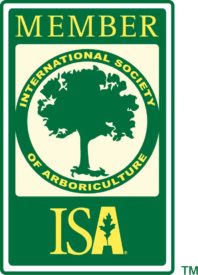

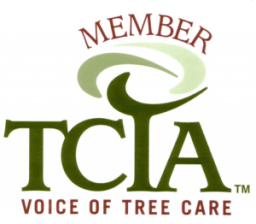
Our Reviews
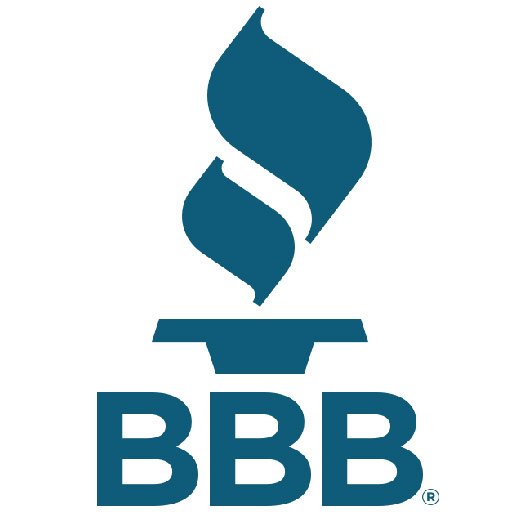
A+ BBB Rating based on 31 BBB Reviews
4.8/5.0 based on 83 Top Rated Local Reviews
4.6/5.0 based on 36 Facebook Reviews
4.0/5.0 based on 4 Trust Pilot Reviews

4.9/5.0 based on 90 Google Reviews
4.5/5.0 based on 13 Yelp Reviews
29 Recommendations on Nextdoor
Total Reviews: 286 ![]() Real Customer Reviews
Real Customer Reviews

